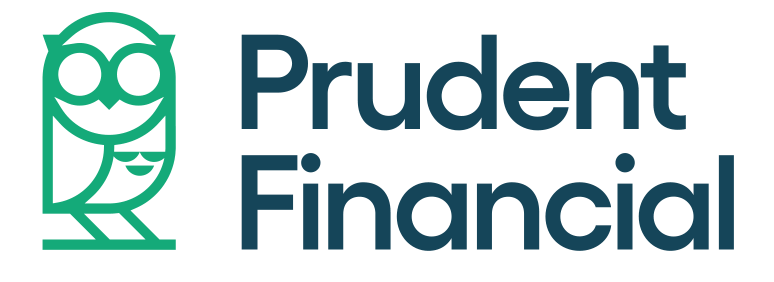The difference between secured and unsecured bad credit loans in Ontario
If you have bad debt, bad credit or other financial difficulties, you may find it tough to get a loan. However, there are loans available for people in these situations. The options come in two forms: secured loans and unsecured loans.
There are key differences between secured loans and unsecured bad credit loans in Ontario.
Secured Bad Credit Loans
These are secured loans for people with bad debt or who have previous bankruptcy or consumer proposals. Secured loans are tied to an asset that is considered collateral.
· That there is a collateral
· That the interest rate as well as the amount of loan depends on the value of the car or home
With a secured loan, the lender places;a lien on your asset. This means that the lender is able to take the asset if you fall behind on your payments. For example, if you are unable to make payments on your car loan, the lender can take your car.
If the lender is forced to take your asset because you have fallen behind on payments, the lender can then sell that asset. If the selling price does not cover the amount that you owe, the lender may come to you for the difference.
Secured;loans generally have;lower interest rates than unsecured loans.
Unsecured Bad Credit Loans
People with bad debt or previous bankruptcy or consumer proposals can also receive unsecured loans. A personal loan is a type of unsecured loan. Payday loans, credit card debt and student loansare other common types of
unsecured loans.With an unsecured loan:
· There is no collateral
· There is often higher interest when compared to a secured loan
Unlike&with a secured loan, the lender does not have the right to immediately take any of your assets if you fall behind on the payment of an unsecured loan. However, the lender can take other actions in order to get you to pay the money that you owe. These actions include legally garnishing your wages or hiring a debt collector.
The lender may not only be successful in asking the court to garnish your wages, but also may be able to seize your assets or put a lien against your assets until you have paid back the loan. The lender will also report the delinquent status of the loan to the credit bureaus, which will hurt your credit rating.

